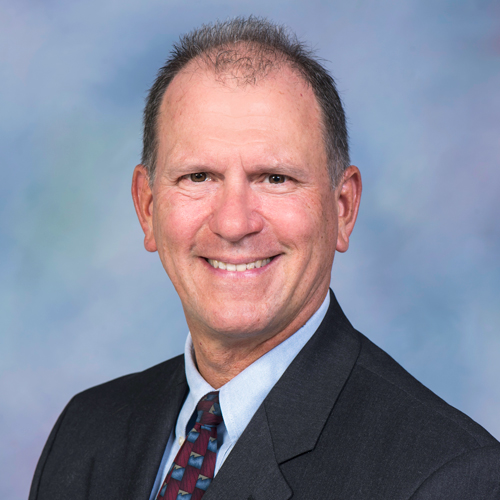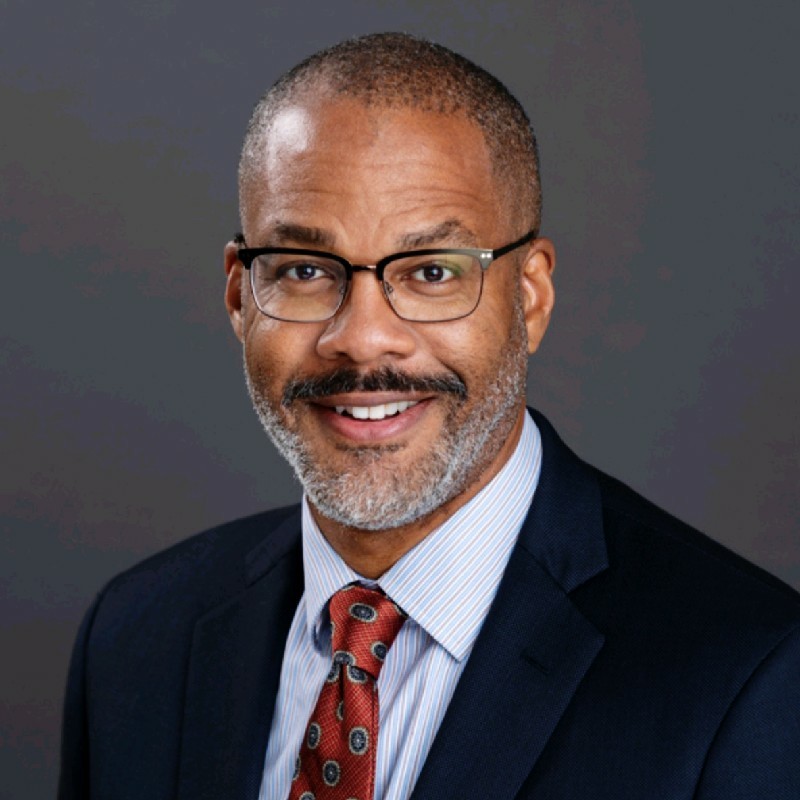Presented by:

Editor's note: This article appears in the E&P newsletter. Subscribe to the E&P newsletter here.
As the energy industry sets its goals to transition to cleaner energy, experts have explained exactly how to manage those ambitious goals and how to deal with uncertainty during the transition period. At the recent Rice University Baker Institute’s 2021 Annual Energy Summit, four panelists discussed the ways government policy will shape ESG initiatives and how to deal with the uncertainties in the energy industry moving forward.

U.S. Department of Energy
Dong Kwun Kim, deputy director of the loan programs office (LPO) at the U.S. Department of Energy, opened the panel by sharing the department’s four objectives:
- Supporting carbon-free electricity by 2035,
- Supporting net-zero carbon emissions by 2050,
- Benefitting disadvantaged communities, and
- Stimulating job growth in the American economy.
To accomplish these goals, the LPO is financially backing companies that have goals aligned with their own, setting aside money specifically for environmentally sustainable technologies and projects and for investment in startup companies in overlooked communities.
Kim said, "When you consider that we are pursuing these large megaprojects, large projects that are at times first-of-a-kind engineering endeavors, projects that include nascent companies, startup companies—overall, in spite of all the challenges that we have with new and innovative technologies—new startups, companies that are trying to retool... we have a 3.3% loss rate, accurate recoveries of $36 billion dollars guaranteed and issued.”

Sustainable alternatives

Center of Energy Studies
Baker Institute
Accompanying panelist Mark Finley, fellow in energy and global oil at the Center of Energy Studies at the Baker Institute, spoke on how to meet the global energy demand with sustainable alternatives. Roughly 40% of the world’s supply of energy goes to generating electricity, and 90% of the world’s transportation fuel is met with oil. While individual companies have declared personal ESG goals, Finley believes the real work will begin when consistent government policy matches the environmental checkpoints the companies set.
“To me, the central challenge, as we think about a transition to a lower carbon energy future is how do we collectively, between policy makers, companies and users of energy, thread the needle?” he said. “How do we make sure that there's sufficient affordable energy to keep powering the world's economy today and improving quality of life around the world, while at the same time meeting this transition? And I think it's the reality of our world that elected leaders won't stay elected for very long if they fail to meet the first part of that challenge, continuing to supply affordable, reliable energy today.”
In a study conducted by Columbia University, it found that the only way oil demand fell at the necessary rates was through “aggressive government policy” and “a very large and durable COVID impact,” Finley said.
However, while COVID-19 had a positive impact on oil demand reduction, it had devastating impacts on public health and economic growth.
“If the recent history of COVID has taught us anything, it's that we were able to reduce global CO2 emissions last year because of COVID, but that's not the way to do it,” Finley added. “Collapsing the world economy and losing millions of jobs is not likely to be a popular way to reduce CO2 emissions going forward. Without a concerted effort to reduce oil demand in the emerging economies, oil demand and energy demand, more broadly, is likely to continue rising.”
Adapting and meeting investor expectations

Cheniere Energy
Christopher Smith, senior vice president of policy, government and public affairs with Cheniere Energy, contributed to this conversation by expanding on how companies can plan when allocating capital and investments, keeping in mind what investors are seeking. Smith explained that adaption was a trait that would serve these companies well, using his own as an example.
“Cheniere's first terminal was an LNG import terminal by design before it was turned into an export terminal,” he said. “We were growing very quickly, but we're growing in an environment in which the very business drivers are changing very rapidly.”
ESG scores and goals

Ernst & Young LLP
Mitch Fane, Americas energy and resources leader and U.S. oil and gas leader with Ernst & Young LLP, followed up this sentiment and concluded the panel by addressing how to work with clients in a fast-evolving environment and dealing with the uncertainties that come from that. While there’s no one-size-fits-all solution for helping clients, a good starting point is identifying the company’s ESG scores and basing their goals around that instead of what everyone else in the industry is doing.
“If we look at the largest 100 companies, or largest 500 energy companies, they've all come out with some type of pronouncement around their emissions, but only a very small percentage of them have actually done any third-party corroboration of that material,” Fane said. “So the challenge is they don't know how to measure it [and] they don't know how to collect the data. They don't know what reliability standards are. There's a fear that ‘if I collect the data and I report it, it could be used against me, both commercially and potentially from a litigation standpoint down the road.’”
Recommended Reading
EDF Renewables Secures Investment in Solar Energy Storage Project
2024-08-30 - Power Sustainable Energy Infrastructure acquired a 50% stake in EDF Renewables North America’s Desert Quartzite Solar+Storage Project in California.
Energy Transition in Motion (Week of Aug. 30, 2024)
2024-08-30 - Here is a look at some of this week’s renewable energy news, including a more than $2 billion hydrogen and atmospheric gases facility in the works.
TotalEnergies Launches Wind Project to Power North Sea Platform
2024-08-29 - TotalEnergies’ floating offshore wind turbine will be located 2 km west of the Culzean gas production platform and is expected to be fully operational by year-end 2025.
CIP Buffalo Plains Wind Farm Delivers First Power to Alberta Grid
2024-08-29 - Copenhagen Infrastructure Partners' 495-megawatt wind project is located on privately-owned farmland near Lomond, Alberta.
Petronas, Carbon Clean Sign Deal to Explore Carbon Capture Tech
2024-08-28 - The agreement between Petronas’ carbon capture subsidiary and U.K.-headquartered Carbon Clean will center on Carbon Clean’s CycloneCC technology.





